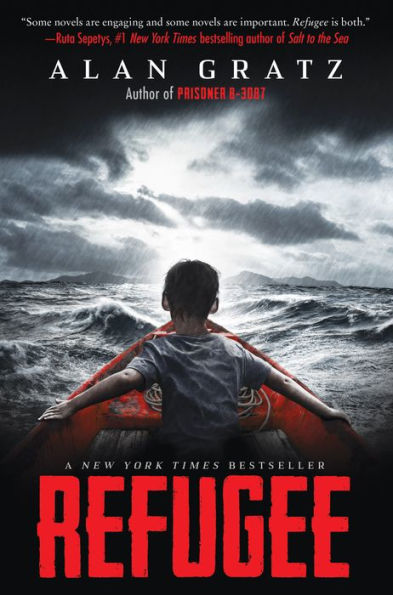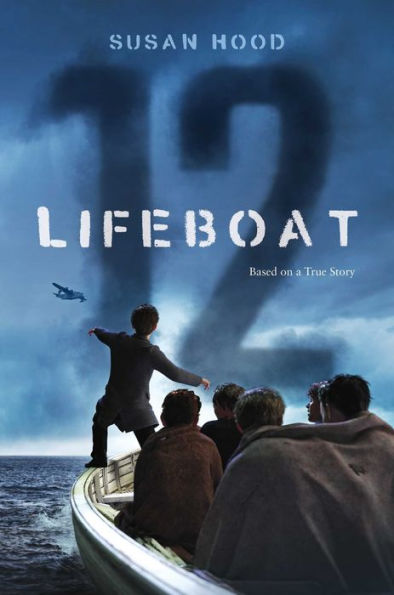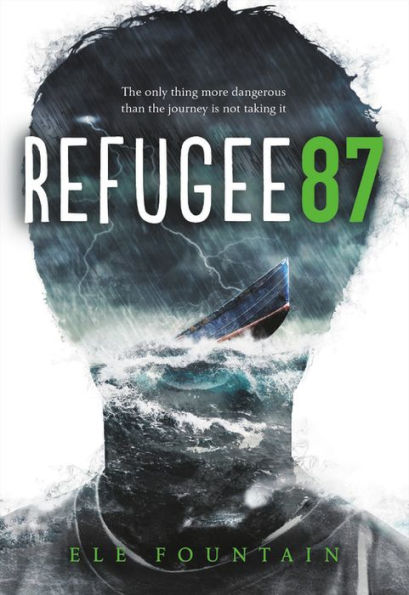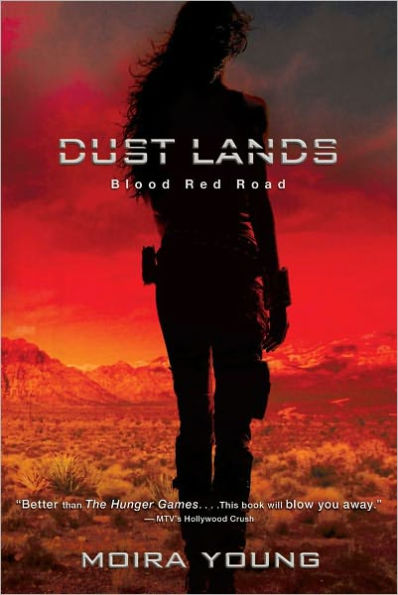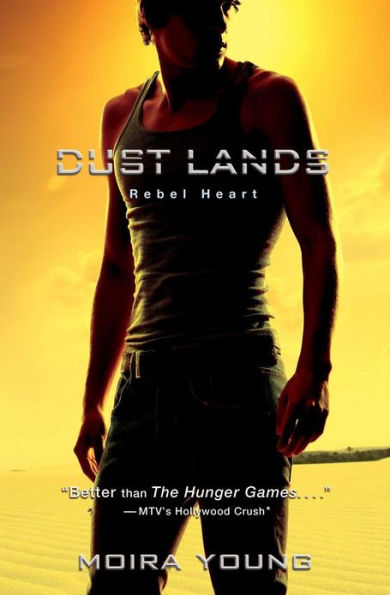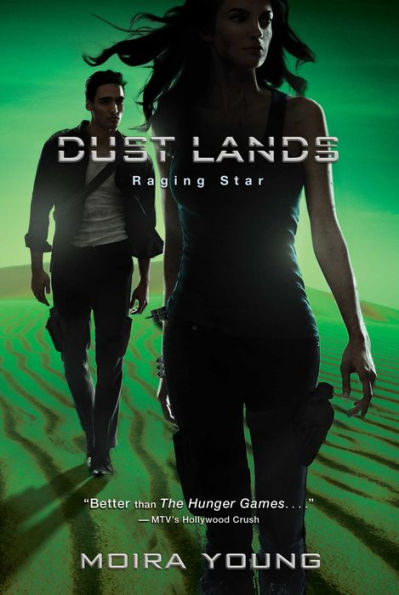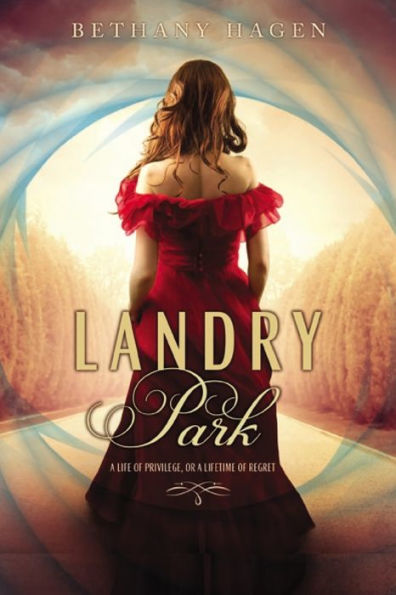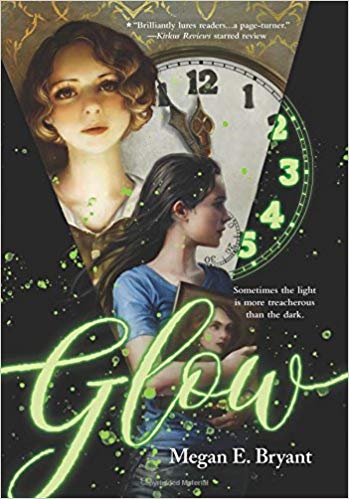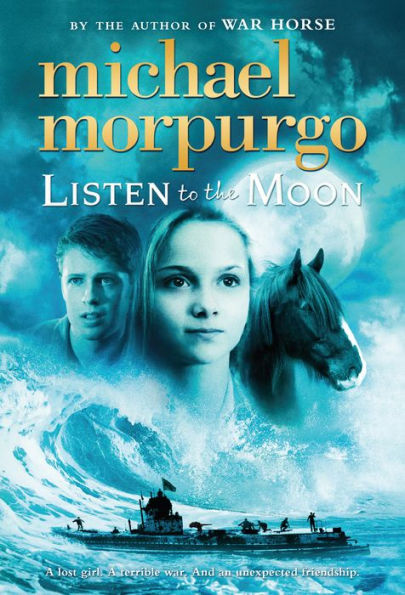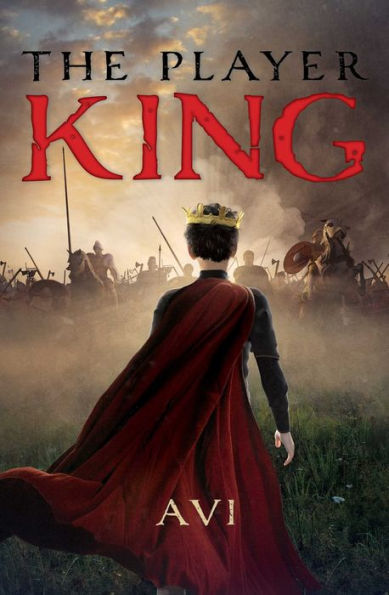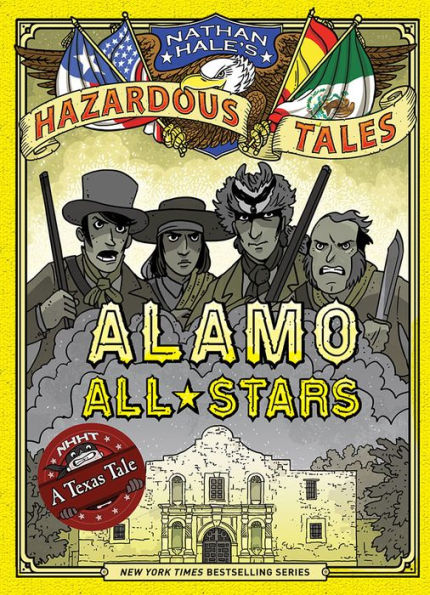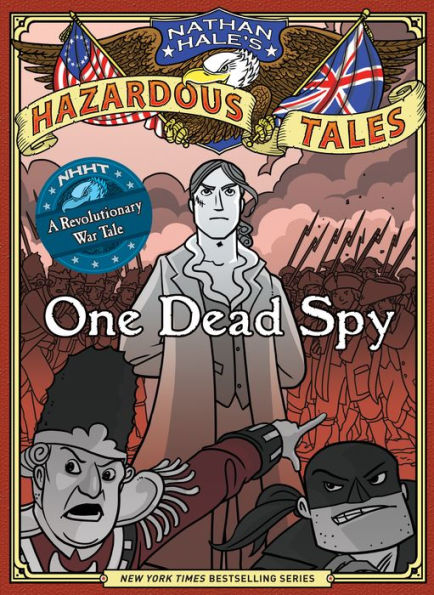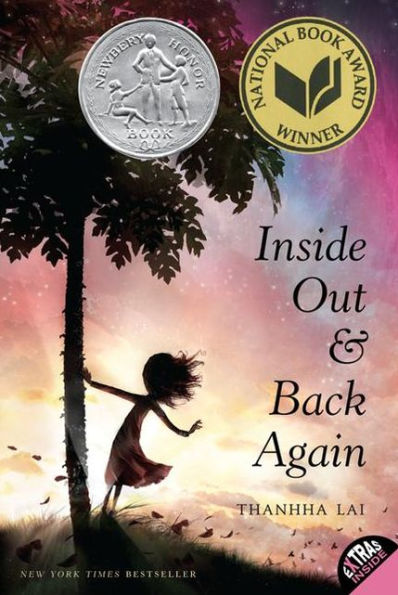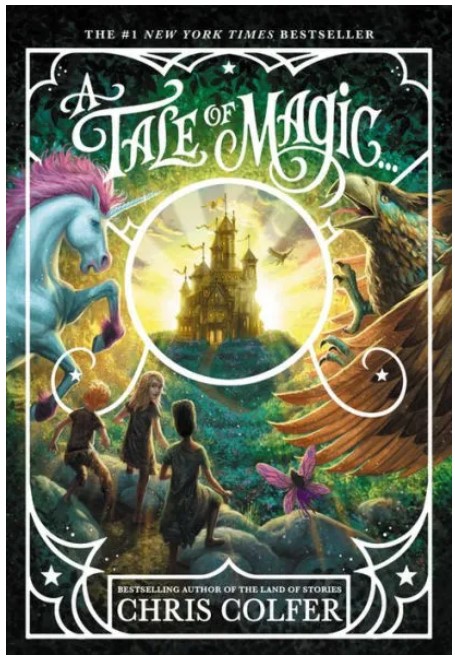Three kids. Three different time periods. Three refugee families flee their countries. Each family faces unimaginable dangers. But they have no choice but to press on and hope for a better tomorrow. Although decades separate them, they discover that they are all connected in the end.
Joseph is a Jewish boy living in 1930’s Nazi Germany. His family boards a ship set for Cuba. They hope to avoid the concentration camps and certain death. But will a country on the other side of the world take them in, or will they be sent away?
Isabel is a Cuban girl in 1994. Her family faces hunger, violence, and an uncertain future. But when her father is threatened with jail, the family sets out on a homemade raft. They hope to make it to Miami. Can they make it to America and keep their family together?
Mahmoud is a Syrian boy in 2015. His country is being torn apart by war. Violence, death, and destruction are everyday occurrences. When his family’s neighborhood is destroyed by bombs, they head towards Europe. Can they safely make it to a country that welcomes refugees?
Refugee sheds light on the historical and political aspects of each time period. Readers will learn about Kristallnacht, The Night of the Broken Glass, as well as the history of how the war in Syria began with Assad bombing his own people. Isabel’s story also explains the U.S. policy of “Wet Foot, Dry Foot.” The end of the book has historical information as well as a section on what readers can do to help.
Each section of the story is told from a young person’s point of view. This gives the book a tragic feeling because none of the young people have any control over the events that lead to their need to flee. The harrowing story of each family does not shy away from the harsh realities of the time period. Each family has stories of cruelty, violence, and death, which are often described in graphic and frightening detail.
The goodness of random strangers is seldom. However, in Josef’s story, a Hitler Youth protects Joseph, and the captain and most of the crew of the ship treat the Jews with respect. The story shows how small deeds can make a huge impact. Even though the story shows the kindness of a few, cruelty and violence overshadow the kindness in the book.
As Mahmoud and his family try to escape the violence, he realizes that it was easy for people to forget about the refugees until “refugees did something they didn’t want them to do—when they tried to cross the border into their country, or slept on the front stoops of their shops, or jumped in front of their cars, or prayed on the decks of their ferries—that’s when people couldn’t ignore them any longer.” Mahmoud struggles with wanting to stay invisible but wondering if he needs to be visible. “If you were invisible, the bad people couldn’t hurt you, either. If you stayed invisible here, did everything you were supposed to, and never made waves, you would disappear from the eyes and minds of all the good people out there who could help you get your life back.”
The publisher recommends Refugee for readers as young as nine, but younger readers may be upset by the horrors of war and the tragic decisions the families must make in order to survive. Younger readers who are interested in World War II may want to begin with the books Lifeboat 12 or Resistance, which also tell compelling stories without the graphic violence.
Refugee is an engaging story that brings the suffering of refugees to light. The situations that the characters face are emotional, but the characters could be better developed. Since each chapter focuses on a different family, the story was often disjointed. Some readers may have a difficult time following a story that changes characters every chapter. The book shows the reasons the family left but doesn’t mention the difficulties that countries face when dealing with thousands of refugees coming into their country.
Although the story is easy to read, the book’s emotional impact is hard-hitting. Refugee takes the reader on a harrowing journey where each family must deal with a tragic loss of life and cruelty from others. Refugee shows how families have been impacted in past and current times. The story gives voice to the current refugee crises and shows the desperation of people who want to live without fear of death.
Sexual Content
- While in Havana, Isabel sees “couples kissing under palm trees.”
- Isabel’s grandfather flirts with a young girl. He tells her, “Your face must be Summer, because you’re making me sweat!” Isabel knew that “Lito was giving her piropos, the flirtatious compliments Cuban men said to women on the street.”
Violence
- During WWII, Nazis break into Josef’s home and “threw him to the floor. Another shadow picked up Ruth by the hair and slapped her. ‘Be quiet!” the shadow yelled, and it tossed Ruth down on the floor beside Joseph.” The strangers trash the house, gather his family into the living room, and arrest his father.
- A group of Hitler Youth attack Josef after school. The group “fell on him, hitting and kicking him for being a Jew, and calling him all kinds of names.”
- During a medical check, Josef’s father becomes agitated and starts mumbling. Josef “slapped his father across the face. Hard.” Josef tells his father that the medical examiner is “a Nazi in disguise. He decides who goes back to Dachau. He decides who lives or dies. . . .” Josef’s father is scared into silence.
- Crew members ransack the room of Josef’s family. “They swept Mama’s makeup and perfume off the vanity and smashed the mirror . . . they tore the head off Ruthie’s stuffed bunny.”
- While in a concentration camp, Josef’s father says how the Nazis choose one man to drown every night. “They would tie his ankles together and his hands behind his back and tie a gag around his mouth, and then they would hang him upside down, with his head in a barrel. Like a fight. . . They would fill the barrel with water. Slowly. So they could enjoy the panic. So they could laugh. . . He would thrash around and breathe water until he drowned. Drowned upside down.
- Josef’s father jumps into the ocean and when a policeman tries to help him, Josef’s father yells, “Let me die! Let me die!” Josef’s father survives.
- A group of men tries to take over the ship. One of the passengers slam “the helmsman and sends him tumbling to the floor. The mutineers quickly surrounded the other sailors, threatening them with their makeshift clubs.”
- When Cuba sends the ship away, a policeman “swept the gun back and forth, and the other policemen drew their pistols and did the same.” The captain is able to convince the passengers not to attack the police.
- While he is running from Nazis, soldiers shoot at Josef. “A pistol cracked, and a bullet blew the bark off a tree less than a meter away. Josef stumbled again in panic, righted himself, and kept running.” Josef and his mother are caught and taken to a concentration camp.
- Boys attack Mahmoud’s friend because he is a Shia Muslim. “. . . Khalid had been curled into a ball on the ground, his hands around his head while the other boys kicked him. . . With a battle cry that would have made Wolverine proud, Mahmoud had launched himself at Khalid’s attacker. And he had been beaten up as badly as Khalid.”
- Mahmoud’s mother was a nurse who came home “every day with horror stories about people she’d helped put back together. Not soldiers—regular people. . . Children with missing limbs.”
- Mahmoud’s entire neighborhood is bombed. “The walls of his apartment exploded, blasting broken bits of concrete and glass through the room. . . His breath left him all at once and he fell to the floor with a heavy thud in a heap of metal and mortar.” No one in his family is seriously injured.
- While trying to escape, Syrian armed soldiers stop the car at gunpoint and then pile in the backseat. As they are traveling, “gunfire erupted. .. and bullets pinged into the car.” One of the soldiers is killed. “Mahmoud screamed again and pushed the man away . . .” The scene is described over four pages. The family hides in a ditch until they can escape.
- The rubber dinghy that Mahmoud and other refugees are in pops. “The cold water was like a slap in Mahmoud’s face. . . He tumbled backward, head down in the murky water, his arms and feet thrashing, trying to right himself. Something else—someone else—fell on top of him, pushing him deeper down into the water.” Later Mahmoud takes a life jacket off of a dead man so that he and his mother do not die.
- As Mahmoud and his mother tread water, they grab onto a dinghy. A man “reached down and tried to pry Mahmoud’s hand from the dinghy. . . He sobbed with the effort of fighting off the man’s fingers and hanging onto the dinghy.” A woman takes Mahmoud’s baby sister but leaves Mahmoud and his mother behind. They survive.
- A taxi driver pulls a gun on Mahmoud’s family and demands money.
- When a group of refugees swarm the Hungarian border, soldiers “hurried to stop them, firing tear gas canisters into the crowd. . . Mahmoud’s eyes burned like someone had sprayed hot pepper juice in them, and mucus poured from his nose. He choked on the gas, his lungs seized up. He couldn’t breathe. . .” Many of the refugees are arrested and taken to a detention center.
- While being taken to a detention center, Mahmoud’s dad yells at a soldier, who then “whacked him in the back with his nightstick, and Mahmoud’s father collapsed to the ground. . . He kicked Mahmoud’s father in the back, and another soldier hit Mahmoud’s father again and again with his stick.”
- While in town in Cuba, people riot in the streets. People “yelled and chanted. They threw rocks and bottles.” Isabel sees her father “just as he reared back and threw a bottle that smashed into the line of police along the seawall.” When the police catch her father, a policeman beats him. The scene plays out over four pages.
- As a group tries to flee Cuba, “a pistol rang out again over the waves. . . The police were shooting at them.” The boat is hit, but no one is injured.
- While Iván is cooling off in the ocean, a shark bites him. “The water around Ivan became a dark red cloud, and Isabel screamed. . . Iván’s right leg was a bloody mess. There were small bites all over it, as though a gang of sharks had attacked all at once. Raw, red, gaping wounds exposed the muscle underneath his skin.” Iván dies.
- Before Iván’s body is pushed into the ocean, someone shoots a shark. “The shark died in a bloody, thrashing spasm, and the other sharks that had been following the boat fell on it in a frenzy.”
Drugs and Alcohol
- Joseph sees a man, who “staggered a little, bumping into things as he tried to move through the tight little room. Joseph had seen drunk people leaving pubs in Berlin the same way.”
- When Josef’s mother goes to the doctor to get a sleeping draught for her husband, she “told the doctor the sleeping draught was for me. . . and he made me—made me take it right there.”
Language
- When the Nazis break into Josef’s house, one of the men laughs because “the boy’s pissed himself.”
- A group of kids are called “Jewish rats.”
- At a funeral, Josef’s father says, “At least he didn’t have to be burning in the hell of the Third Reich.”
- “Oh, God” is used an exclamation once. “Oh, my God” is also used as an exclamation once.
Supernatural
- None
Spiritual Content
- Mahmoud and his family practice the Muslim faith. The prayer ritual is described through Mahmoud’s actions.
- Mahmoud’s father says, “God will guide us.”
- After taking a lifejacket off a dead man, Mahmoud says a prayer. “Oh God, forgive this man, and have mercy on him and give him strength and pardon him. Be generous to him and cause his entrance to be wide and wash him with water and snow and hail. Cleanse him of his transgressions. . .Take him into Paradise, and protect him from the punishment of the grave and from the punishment of hellfire.”
- Mahmoud’s family and other refugees pray. Mahmoud “recited the first chapter of the Qur’an, Mahmoud thought about the words. Thee alone we worship, and thee alone we ask for help. Show us the straight path.”
- After Joseph’s apartment is bombed, his mother cries, “Thank God you’re alive!”
- During a funeral, a rabbi says a prayer, and “the mourners said together, ‘Remember, God, that we are of dust.’”
- When Iván dies, his mother wants “to say something. A prayer. Something. I want God to know Iván is coming.”
